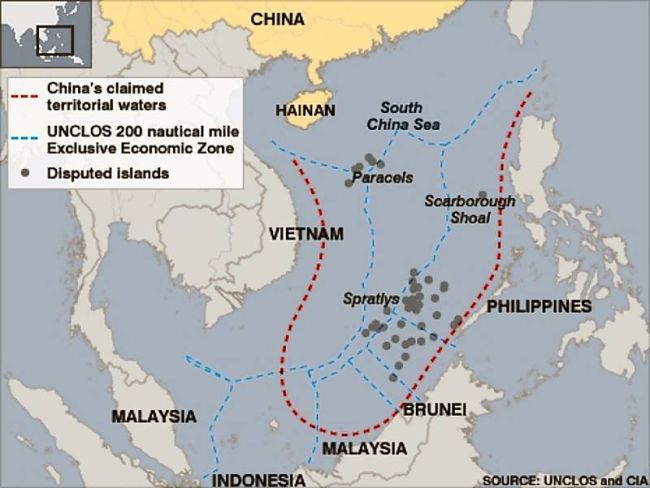FOURTEENTH MEETING, LUXEMBOURG, 15 JUNE 2010
EU Press release
At the fourteenth EU-Ukraine Cooperation Council today, the Cooperation Council underlined the strength of EU-Ukraine relations and looked forward to deepening them further in the coming year.
In this context the EU welcomed the commitment made by President Yanukovych (and reconfirmed by Prime Minister Azarov today) to bring Ukraine closer to the EU. The Cooperation Council discussed extensively the challenges faced in Europe by the economic and financial downturn. The EU urged Ukraine to continue to make determined efforts to stabilise the economic and financial situation in the country, in cooperation with the IMF and other International Financing Institutions, while acknowledging that this would entail challenging adjustment measures. The EU side noted in particular the Economic Reform Programme endorsed by President Yanukovych on 3rd June. The EU underlined its readiness to support Ukraine in implementing reforms including those set out in the EU-Ukraine Association Agenda, through macro-financial assistance, the new National Indicative Programme for 2011- 2013 as well as the Comprehensive Institution Building Programme through the Eastern Partnership.
The Cooperation Council welcomed the continuing progress being made in negotiations on the new EU-Ukraine Association Agreement and looked forward to the conclusion of the negotiations as soon as possible. In order to achieve this goal the EU looks to Ukraine to further enhance its negotiating capacity in order to finalise the free trade aspects of the Agreement. The Council underlined the significant economic and political gains that the agreement, once in force, would bring to Ukraine and to the EU.
The Cooperation Council noted the Joint Conclusions of the EU-Ukraine JLS Ministerial of 9th June. In particular it welcomed the decision to move the dialogue on the establishment of a visa free regime as a long term perspective, into an operational phase. This will involve the drawing up of a two phased Action Plan setting out the reforms that Ukraine should undertake in working towards this goal.
The Cooperation Council discussed a number of issues related to Ukraine’s democratic development. The EU side welcomed the fact that the Presidential elections had been conducted in accordance with international standards and called on Ukraine to implement the recommendations of the International Election Observation Mission . It underlined that the respect for human rights and democratic values particularly in the area of freedom of the media are at the core of further deepening of EU-UA relations. It also stressed the importance of Constitutional reform, carried in line with the relevant constitutional procedure and in a transparent and inclusive manner; the importance of securing the independence of the judiciary and freedom of assembly.
The EU also recalled the need to improve the business and investment climate and renew efforts tackle corruption. In this regard the EU welcomed important steps in improving the legal framework for public procurement.
The Cooperation Council looked forward to making use of the opportunities provided by the Eastern Partnership to strengthen the EU’s relationship with Ukraine and other Eastern Partnership countries, and Ukraine’s positive contribution in this regard.
The Cooperation Council underlined the importance of strengthened cooperation in the area of foreign and security policy. It stressed in particular the value of close cooperation in the regional framework, notably in the context of the 5+2 process for the settlement of Transnistria.
The EU was represented by EU High Representative for Foreign Affairs and Security Policy Ashton. Prime Minister Azarov led the Ukrainian delegation.
Source:
Council of the European Union

 von
von 